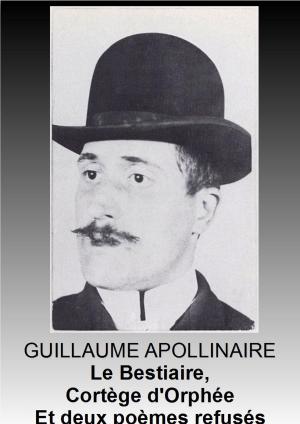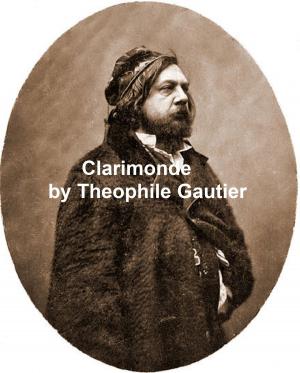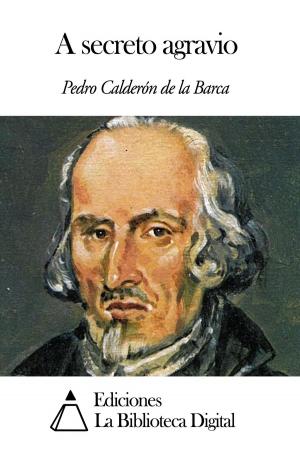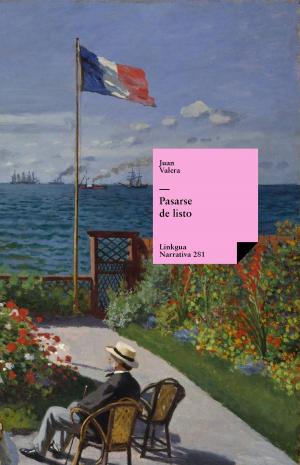| Author: | Ivan Turgenev | ISBN: | 1230000102016 |
| Publisher: | Petrocast eBooks | Publication: | January 25, 2013 |
| Imprint: | Language: | English |
| Author: | Ivan Turgenev |
| ISBN: | 1230000102016 |
| Publisher: | Petrocast eBooks |
| Publication: | January 25, 2013 |
| Imprint: | |
| Language: | English |
The fathers and children of the novel refers to the growing divide between the two generations of Russians, and the character Yevgeny Bazarov, a nihilist who rejects the old order.
Turgenev wrote Fathers and Sons as a response to the growing cultural schism that he saw between liberals of the 1830s/1840s and the growing nihilist movement. Both the nihilists (the "sons") and the 1830s liberals sought Western-based social change in Russia. Additionally, these two modes of thought were contrasted with the Slavophiles, who believed that Russia's path lay in its traditional spirituality.
The novel is also the first Russian work to gain prominence in the Western world, eventually gaining the approval of well established novelists Gustave Flaubert, Guy de Maupassant, and Henry James.
This edition includes about 100 endnotes with explanation of all major terms, names, places and other specific details of the Russian cultural and historical background, including biographical facts from Turgenev's personal life.
This edition includes excellent navigation tools to the contents and all endnotes.
The fathers and children of the novel refers to the growing divide between the two generations of Russians, and the character Yevgeny Bazarov, a nihilist who rejects the old order.
Turgenev wrote Fathers and Sons as a response to the growing cultural schism that he saw between liberals of the 1830s/1840s and the growing nihilist movement. Both the nihilists (the "sons") and the 1830s liberals sought Western-based social change in Russia. Additionally, these two modes of thought were contrasted with the Slavophiles, who believed that Russia's path lay in its traditional spirituality.
The novel is also the first Russian work to gain prominence in the Western world, eventually gaining the approval of well established novelists Gustave Flaubert, Guy de Maupassant, and Henry James.
This edition includes about 100 endnotes with explanation of all major terms, names, places and other specific details of the Russian cultural and historical background, including biographical facts from Turgenev's personal life.
This edition includes excellent navigation tools to the contents and all endnotes.















